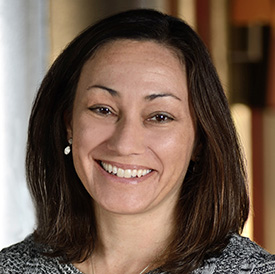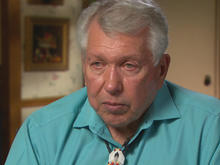ABA Journal – Your Voice – “Top Stories of the Week”
An open letter to potential law students: Know the truth
POSTED

Nicole Black.
With the recent news that some BigLaw starting salaries are rising to $190,000, it’s no wonder that law school continues to be a top destination for recent college graduates. However, the truth behind those starting salaries—and given the volatility of the legal job market and the effects of globalization and technology on the business of law—should give one pause before taking out $200,000 in school loans.
So the question remains: Should you go to law school? The answer, according to two legal industry experts: It depends.
Nicole Black and Heather Morse are two leading voices in the legal industry when it comes to discussing business of law trends, from the intersection of technology and the practice of law to the inner workings of successful law firms. Both are frequently asked for their advice by potential students considering law school. Here’s what they have to say about the wisdom of attending law school in 2018.
Nicole: I recently received an email from a young man who was considering attending law school, and was seeking my opinion on the advisability of doing so. He told me he’d approached other lawyers for their input on the value of a law degree in 2018 and had received “mixed signals.”
Heather: Given the financial investment to attend law school, with no guarantees of a high-paying job at the end of three years, I’m not surprised to hear that. To be honest, I’m often shocked by the lack of due diligence by the students. I recently had the opportunity to sit down with a 1L who is attending an Ivy League law school. “What type of law are you looking to practice?” I asked her. “BigLaw,” she replied. This led to me to immediately jump on my Legal Watercooler soap box about the current state of the business of law, especially where law school students are concerned.




